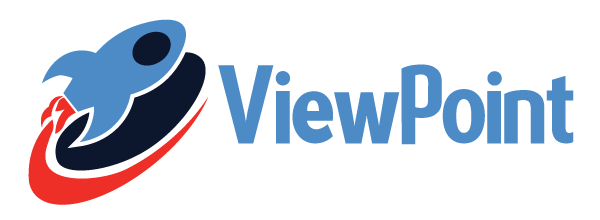Multi-Modal Transport Optimization
TLI provides shippers with multi-modal optimization support, ensuring the right transportation mode for every shipment—whether it’s a parcel, a pallet, a dedicated truckload, or an international container. We optimize freight routing across dry vans, flatbeds, refrigerated trucks, air freight, and expedited shipping, balancing cost, timing, and destination needs. With TLI, every shipment moves efficiently using the best mode for its requirements.
Multi-Modal Shipping
How TLI Optimizes Freight:
Our freight routing experts are ready to work with you to find the best strategy for mode optimizing your shipments, but why choose Translogistics specifically? Let's explore more about how we'll work with you to find the best transportation solution.
Translogistics has three easy steps to optimizing your freight:
1 Request Shipment
Using our online portal or contacting our team directly, your shipment is entered into our system.
2 Flag Shipment
Our system or team member will flag the shipment for our Mode Optimization department.
3 Optimize Shipment
The team will provide you with the best rate with information provided.
why shippers partner with tli
Your business needs to ship their products quickly, safely, and efficiently. However, choosing the right mode of transportation can be a challenge. That's where third-party logistics (3PL) providers like TLI come in, offering expert advice on transportation modes and helping shippers optimize their supply chain.
Mode Rate Comparisons
One of the key advantages of partnering with TLI is their ability to rate shipments that are greater than 6 pallets against multiple modes of transportation, including full truckload freight, less than truckload (LTL) volume rates, partial truckload rates, and load-to-ride carriers. This process is known as mode optimization, and it can lead to significant cost savings for shippers.
Mode Optimization
Mode optimization is crucial for efficient freight transportation. Different modes like full truckload, less-than-truckload (LTL), partial truckload, and multimodal transport offer unique advantages. By selecting the right transportation method—whether for large shipments, specialized handling, or cost-effective routing—companies can maximize logistics efficiency and meet specific shipping requirements.
3PL Partnership
TLI's logistics experts leverage deep transportation mode knowledge to optimize your supply chain. By accessing a vast carrier network and negotiating competitive rates, we recommend the most efficient shipping solutions tailored to your specific needs, ensuring cost-effective and strategic freight transportation.
Smart Inbound Vendor Routing
TLI’s multi-modal shipping support is essential for inbound vendor routing, allowing key vendors to access our online portal to compare transportation options in real time—ensuring the most cost-effective shipping mode while maintaining supply chain efficiency.
Mode Optimization in ViewPoint

More Managed Logistics Services:
Freight Services
Freight Audit
Our invoice audit service reviews shipping invoices for errors and overcharges, helping you save on unnecessary costs.
Freight Claims
Our team handles your freight claims on your behalf to recover the costs for damaged or lost goods.
TMS System
Each shipment is checked through our system to ensure it's using the most cost-effective shipping method.
